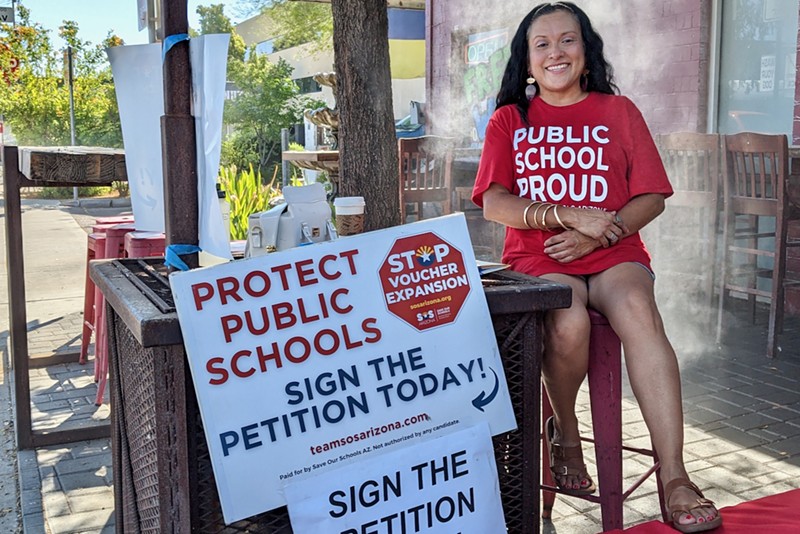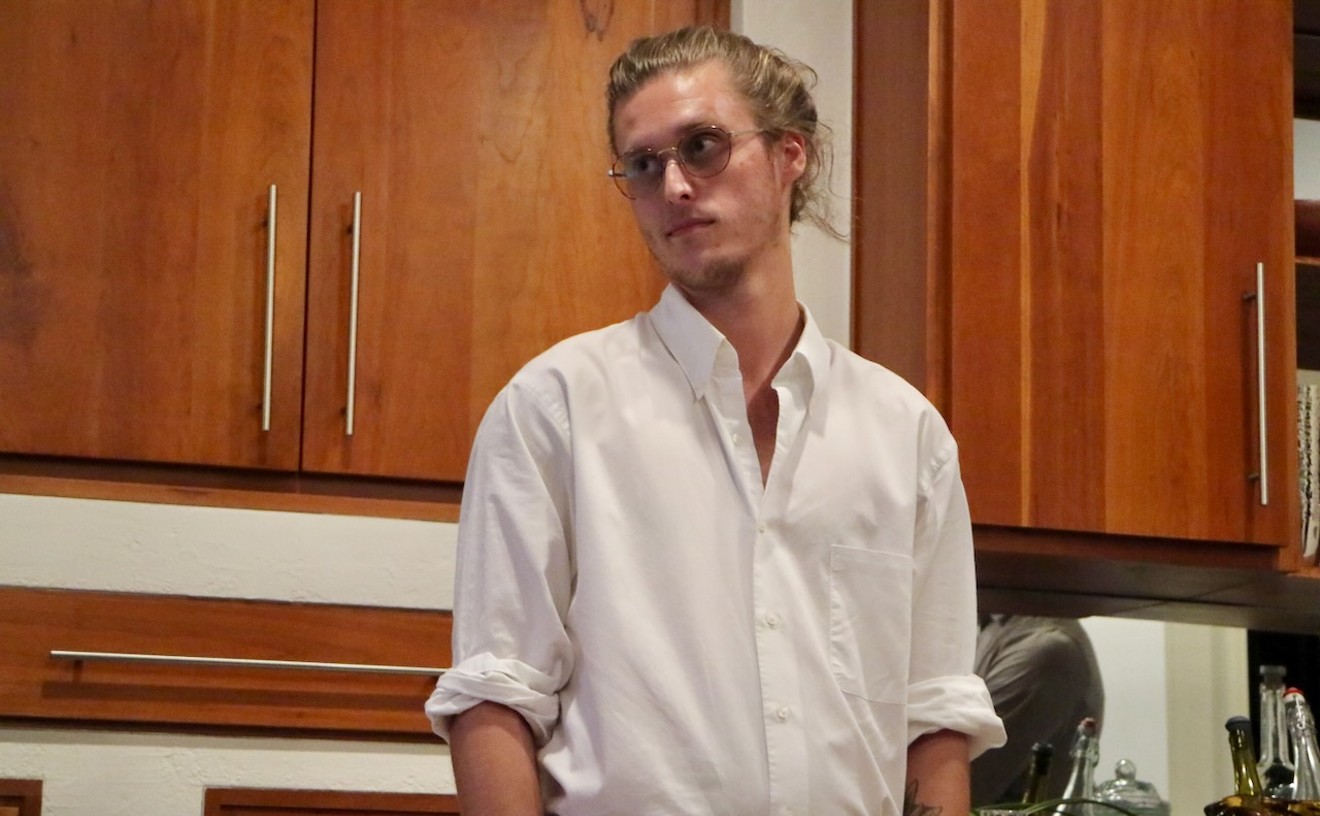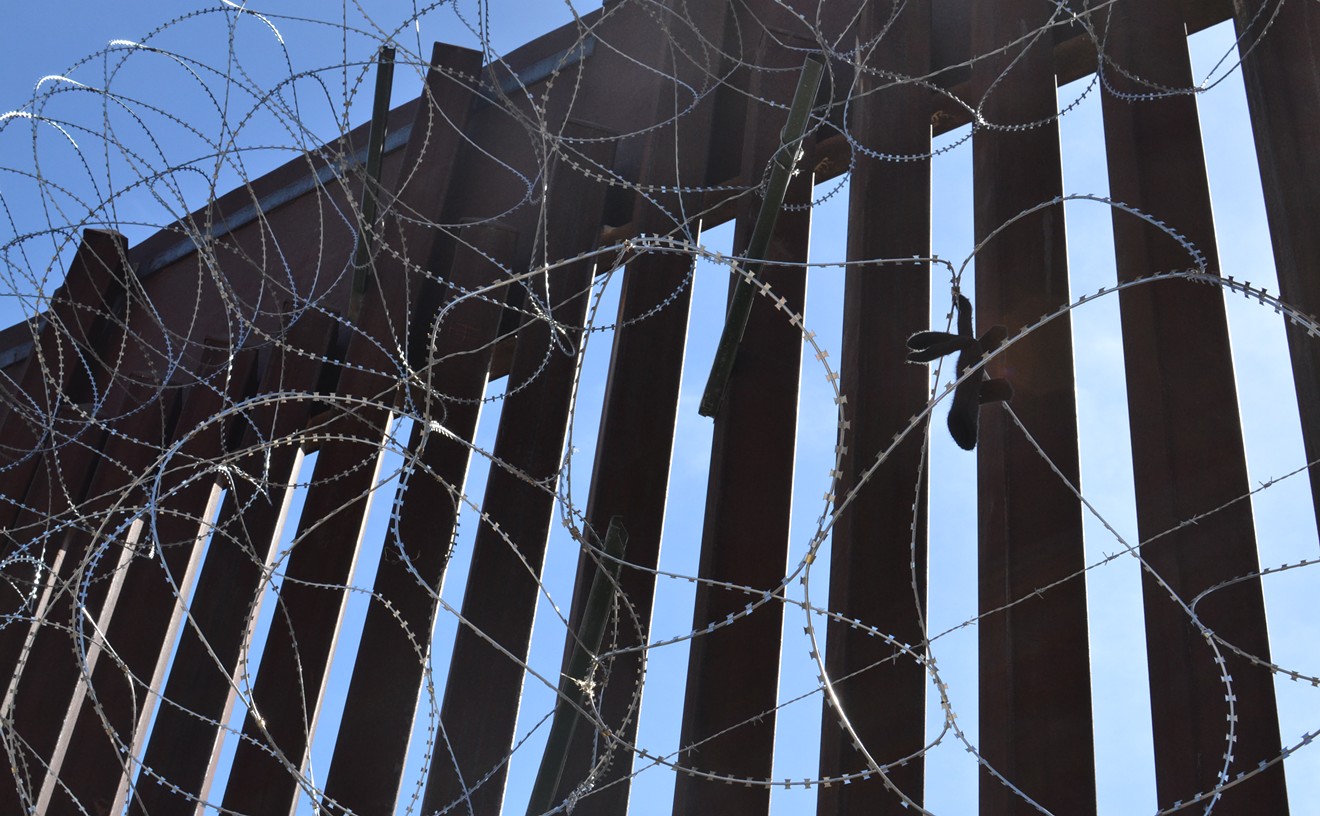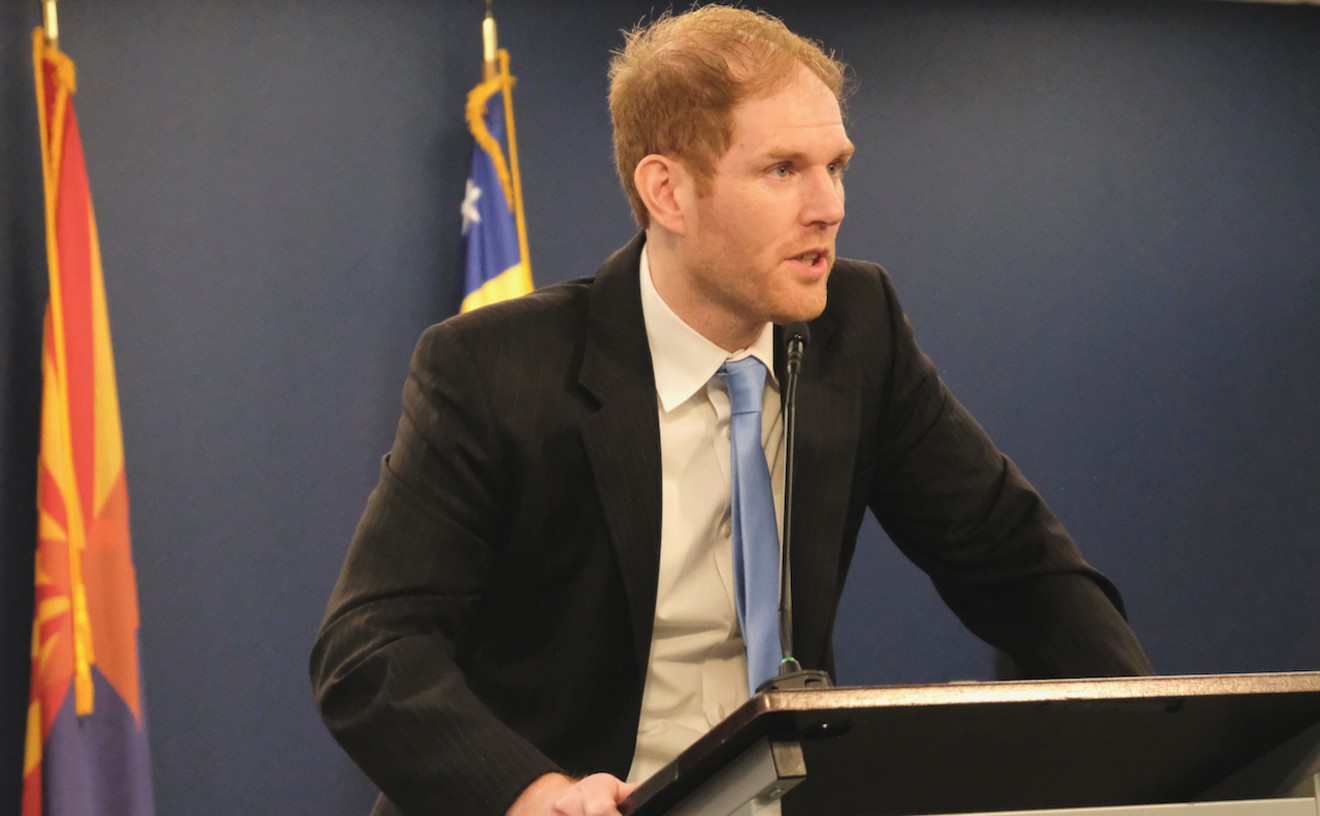Training provided by the district was minimal. Martino learned how to log into her computer, where to find her pay stubs, and what forms go where. But when it came to support or supplies, she was on her own.
The district cut the number of aides from the year prior. Martino paid for her classroom supplies out of pocket. She was given a partial curriculum set, so she had to print, laminate, and supplement the rest herself.
It’s her first year teaching, and she already sees no end to the financial burdens ahead. “It’s just going to get worse,” Martino said. “Especially because ESA funding just went through.”
In early July, Governor Doug Ducey signed into law a massive expansion of the Empowerment Scholarship Account, which is the state's school voucher program. The law allows all Arizona students access to taxpayer-funded vouchers of $7,000 for educational expenses outside of public schools, including private school tuition.
Proponents have said the ESA expansion will allow parents and students to create a more catered education to fit specific needs. Opponents of the program point out that the $1 billion allocated for vouchers will continue to undercut public education funding across the state and create further strain on an already-burdened public school system.
The program's expansion takes effect on September 24. But Save Our Schools Arizona, a public education advocacy organization, is working to collect 118,823 valid signatures to trigger a ballot referendum and delay the expansion until it goes on the ballot in 2024.
The initial ESA voucher program went into effect in Arizona in 2011. The program originally was intended for students with disabilities whose functional needs were not being met in public schools. It was expanded to include students with a military parent or a parent who is legally blind, deaf, or hard of hearing, as well as students who attend underperforming schools, reside on a Native American reservation, are wards of a court, or are siblings of a qualifying applicant.
With the expansion, ESAs are open to anyone who applies.
Supporters of the expanded ESA program said it will continue to empower families to find education that fits their needs. Jenny Clark, founder of Love Your School, an organization in support of voucher expansion, has been one of the most vocal proponents in the fight for universal ESAs.
In a tweet thread, she described how her family used ESAs to secure tutors, therapists, and homeschooling curriculum for her children during the pandemic.
Clark has pushed back against Save Our School’s effort to collect signatures. On September 17, she posted a video on Twitter and Instagram in which she warned her followers not to sign anything from Save Our Schools. Clark claimed that blocking the expansion of ESAs disadvantages students with disabilities.
Currently, the program requires public school attendance for eligibility. The ESA expansion does not require public school attendance.

Marisol Garcia sits in her office at the headquarters of the Arizona Education Association in downtown Phoenix.
Sheenae Shannon
'It's Kind of Like a Snowball'
Marisol Garcia, president of the Arizona Education Association, called the voucher program a tax cut for parents who can afford private schools for their children and said it's an effort to privatize education."Is the amount of money that they passed this year, $7,000 now, going to pay for kids in poverty to go to [private schools]? Absolutely not," Garcia told Phoenix New Times in August. "Will the kids there be learning things that are religious? One hundred percent. Will they not be allowing kids of different sexual identities into their schools? Yes. So, it is horrendous, and it is tactical. They've been working at it for 20 years, and they're successful."
Martino said she recognized the positive role vouchers can play in shaping education, especially for students with disabilities. But she feared that the ESA expansion will not benefit students who may need the vouchers most.
“ESA vouchers can do amazing things for kids. They’re quite literally made for my kids,” Martino said. “But right now, if you ask any teachers, or anyone involved in this, most of these vouchers will go to rich white families that go to schools like [Brophy College Preparatory] or [Xavier College Preparatory].”
On September 19, the Arizona Department of Education reported receiving 10,338 applications for the expanded ESA program since the application opened in mid-August. The agency estimated that 76 percent of applicants have not been enrolled in public schools in the state.
Since July 6, canvassers for Save Our Schools have been collecting signatures for the ballot referendum at events around the Valley. Beth Lewis, executive director of SOS, told New Times they are on track to meet the deadline but it's going to be close.
Alicia Lucas, an organizer for SOS, and Bill Lucas, a volunteer, set up shop on the sidewalk outside The Van Buren on September 19 before an event at the concert venue in downtown Phoenix. The line of people waiting to get inside wrapped around the building, snaked through the parking lot, curved down Fifth Avenue, and overflowed onto West Monroe Street.
The husband and wife team, in bright "Red for Ed" T-shirts and armed with clipboards, pens and QR code stickers, worked the queue, registering voters on the spot and having them sign the petition drive. Alicia has been an educator for nearly three decades, and Bill is a school counselor.
Alicia said she is concerned about how an expanded voucher program would impact the state of public education. She cited growing class sizes, rising class and activity fees, and more teaching positions left vacant. “It's kind of like a snowball,” she said. “It's just that continual cutting of funding puts those who are still in the classroom under greater levels of stress to fill in the gaps.”
The Lucases had collected signatures for Proposition 305, a referendum to put the universal expansion of the ESA voucher program on the ballot in 2018, so they’re no strangers to canvassing or threats to funding. Then, Save Our Schools was successful. Nearly 65 percent of voters rejected the expansion of ESAs
This time around, the duo set up an ironing board on the sidewalk. A neon poster board hung from its frame. Alicia rang a cowbell anytime someone signed the petition, and as the sun set, Bill held his phone light above the clipboards so people could continue to see the forms.
Alicia said it’s now a sprint to the finish line. Opponents have to collect enough signatures before September 24 to stop the voucher expansion and trigger the ballot referendum. “We’re bringing in every last signature,” she said.
Martino was among the many waiting in line outside The Van Buren. When Alicia asked her to sign, Martino let her know she already had.
“My kids are already at a disadvantage,” Martino said. “I fear it could get worse and worse and worse.”
Staff Writer Katya Schwenk contributed to this story.












